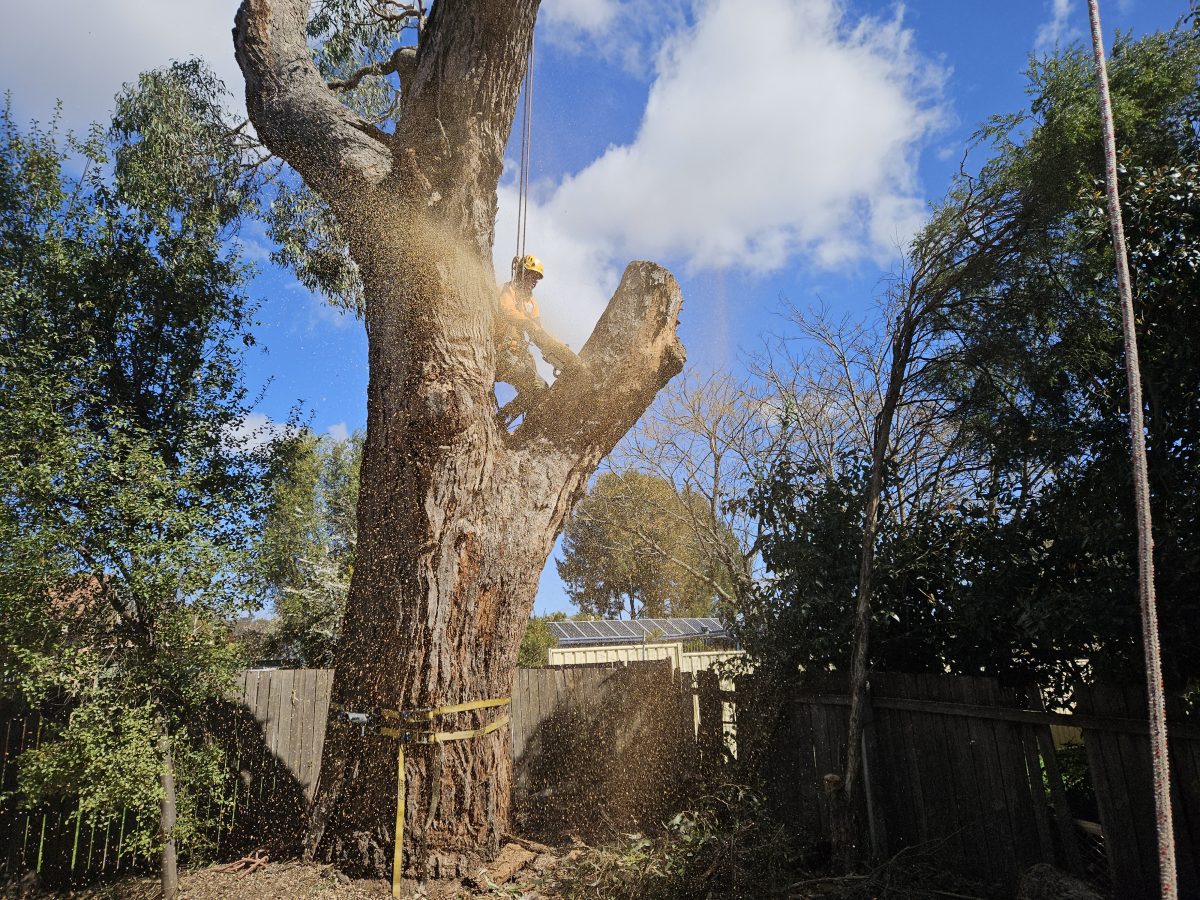All Categories
Featured
The removal of trees can produce open spaces that are vulnerable to weed intrusion. When trees are existing, their dense canopies frequently shade the ground, restricting the quantity of sunlight that reaches the dirt. After the elimination of trees, these open areas obtain increased sunlight, providing perfect conditions for weed growth.

To combat weed intrusion and preserve the honesty of the ground, professionals in tree removal can offer beneficial recommendations on effective weed monitoring approaches. They may advise the use of mulch, which functions as a safety barrier on the dirt surface area, stopping weed seeds from germinating and reducing weed growth.

The presence of trees cultivates an abundant and varied area of soil microorganisms. Tree roots provide a resource of raw material, exudates, and nutrients that sustain the growth and activity of useful dirt microbes. However, when trees are gotten rid of, the lack of their roots can interfere with the fragile equilibrium of the dirt's microbial environment.
What Is The Best Stump Removal Wollongong Business?
This change in pH can impact nutrient accessibility, microbial activity, and total dirt health and wellness. To resolve the impacts of tree cutting on soil pH, tree removal professionals can give useful guidance. They may suggest dirt screening to examine the current pH levels and identify the required modifications. Based upon the results, experts can suggest pH adjustment approaches, such as adding lime to increase soil pH or incorporating essential sulfur to decrease it.

It refers to the compression of dirt fragments, causing minimized pore area and enhanced dirt density. This compaction can adversely influence the dirt's capacity to function ideally, influencing its water-holding capability, nutrient availability, and root infiltration. Proper techniques used by tree removal specialists can aid decrease compaction and protect the dirt's capacity to maintain water, and permit ample airflow and mindful equipment handling.
Latest Posts
Is It Worth Paying For Tree Loppers Wollongong?
What Is The Best Palm Tree Removal Wollongong Product?
How Much Should I Pay For Palm Tree Removal Wollongong?